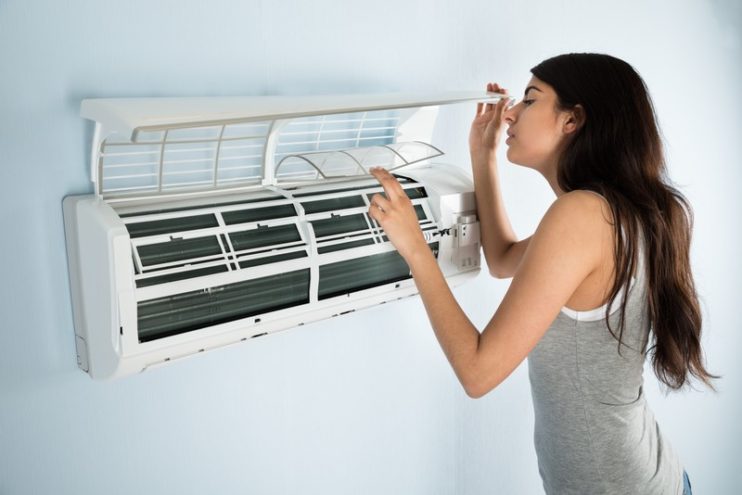Sacramento AC 101: What is the SEER Rating?

Many times, a Sacramento air conditioner installation goes “by the numbers.” There are the calculations behind the sizing of your system, Energy Guide ratings, BTUs, and even a SEER rating. You may already know some of these terms and their importance, but you may need a bit of help understanding the SEER rating. When that — or any other — HVAC question arises, it’s time to call Ace Plumbing Heating and Air Conditioning.
The Right HVAC Essentials Every Time — and Any Time
Call For 24/7 Emergency HVAC Service
Understanding the SEER Rating
SEER is just an abbreviation for Seasonal Energy Efficiency Ratio. That ratio, in turn, explains the relationship among input electrical energy in watt-hours (wH), output in British Thermal Units (BTUs), and the temperatures both inside and outside your home. The calculations are complex and would take some time to explain, so instead, we’re going to look at what the result means for practical purposes before you get an air conditioner installed in Sacramento.
What Kind of SEER Rating Should My AC Have?
The maximum SEER rating is 25. The minimum SEER rating required by the federal government is 13, and some states with higher energy standards, hotter climates, or both will mandate a slightly higher minimum SEER (in California, it’s 14). As you’ve likely guessed, a higher number represents lower energy consumption to cool a given area, which in turn lets you know that the unit is more efficient than one with a lower SEER score.
How Can I Find the SEER Rating?
So where is the SEER rating found? Most appliance sellers will have a sticker on the air conditioner, ductless split system, or heat pump similar to the Monroney sticker found in a car window; besides price, it lists several figures for energy use, efficiency, and cost to operate. In units with exceptional SEER ratings, you may even find that number as part of the model name. Identifying the best fit is more than a number, however, which is why it’s useful to get help from a Sacramento HVAC professional.
How Does SEER Rating Influence AC Price?
Good question. Even if this is your first encounter with the SEER rating, you’ve probably noticed that more efficient AC units will cost more upfront. So there’s often a direct correlation between the SEER number and the price of the unit, but that shouldn’t put you off.
To begin with, more efficient HVAC systems can qualify for California energy rebates and tax credits. It’s also worth bearing in mind that you’ll be operating your air conditioning system for a decade or longer, so the difference in energy savings — even though it won’t necessarily offset the entire cost difference — will be significant. A higher SEER rating also means an AC unit that’s better at keeping you comfortable, which matters too!
Where SEER Falls Short
The SEER rating is helpful, but it has its limitations; for the reasons listed below, it’s only one consideration among many when you’re shopping for a new air conditioner or considering a heat pump installation in Sacramento.
- A system that isn’t sized properly won’t be efficient in any practical sense no matter how highly it’s rated
- A home that’s poorly insulated will likewise suffer too much heat transfer, causing your AC to work harder
- Poor HVAC maintenance leads even good systems to lose efficiency — sometimes rather quickly
- Insolation (inbound sunlight) can passively heat your space and undermine your AC system
Expert Air Conditioner Service in Sacramento
With decades’ worth of experience, Ace Plumbing Heating and Air Conditioning has seen — and answered — many homeowners’ most vexing HVAC questions. If you have an AC issue keeping you up at night, from air conditioner repair to indoor air quality concerns, call us. We offer emergency plumbing and HVAC service in the Sacramento area 24/7/365!



